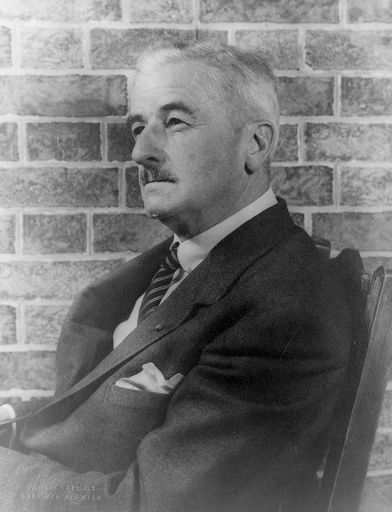American Foreign Service Officer Todd Greentree served in El Salvador from 1981-82, a time when violence from local “death squads”…
Testimonials
Scroll down for testimonials from some of our friends, or click here for selected academic citations. “I am a…
Russian Interference and the Marshall Plan
Russian Disinformation is Not New, Say Diplomats Who Implemented the Marshall Plan The obstacles the United States faced in implementing…
Remembering Thailand’s King and the Transition to Democracy
Bhumibol Adulyadej, also known as Rama IX, was the ninth monarch of Thailand and the longest-serving head of state in…
The collapse of Zaire at the end of the First Congo War 1997
In the aftermath of the 1994 Rwandan genocide, ethnic Hutu refugees — including génocidaires — who had crossed into East Zaire to escape persecution from the new Tutsi government carried out attacks against ethnic Tutsis from both Zaire (now the Democratic Republic of the Congo) and Rwandan refugees. The Zairian government was unable to control the ethnic Hutu marauders, and indeed lent them some support as allies against the new, Tutsi-led Rwandan government. In response, the Tutsis in Zaire joined a revolutionary coalition headed by Laurent-Désiré Kabila. Kabila’s aim was to overthrow Zaire’s one-party authoritarian government run by Mobutu Sese Seko since 1965. With Kabila’s forces on the march, Zaire was soon engulfed in conflict. These hostilities, which took place from 1996-1997, are known as the “First Congo War” and lead to the creation of Zaire’s successor state The Democratic Republic of Congo. The United States, who had supported Mobutu until the end of the Cold War, recognized how potentially dangerous the situation was as Kabila gained control of most of the country and advanced rapidly towards the capital city of Kinshasa. In 1997, the United States sent a small group of diplomats to broker negotiations and attempt to come to a peaceful agreement between Mobutu and Kabila.

Sound, Fury, Brilliance & Booze: Faulkner in Post-War Japan
William Faulkner, among the most decorated writers in American literature with the 1949 Nobel Prize for Literature, the Pulitzer Prize…
Harriet Elam-Thomas: A Career Well Served
Harriet Elam-Thomas grew up in Boston, the youngest of five children. She graduated from Simmons College and later earned a…
You Know a Coup is Coming but No One will Listen: Sudan 1964
Sudan’s long history has been riddled with internal conflict. The United Kingdom and Egypt controlled Sudan for the first half…
Foreign Service Newly-Weds in 1960s Yemen
Since the dissolution of the Ottoman Empire, Yemen was been a hot spot for unrest in the Middle East. The…
Guns, Oil and Education: Qatar’s Evolving Relationship with the U.S.
The State of Qatar declared independence from Great Britain on September 3, 1971 and the U.S. recognized it two days…
